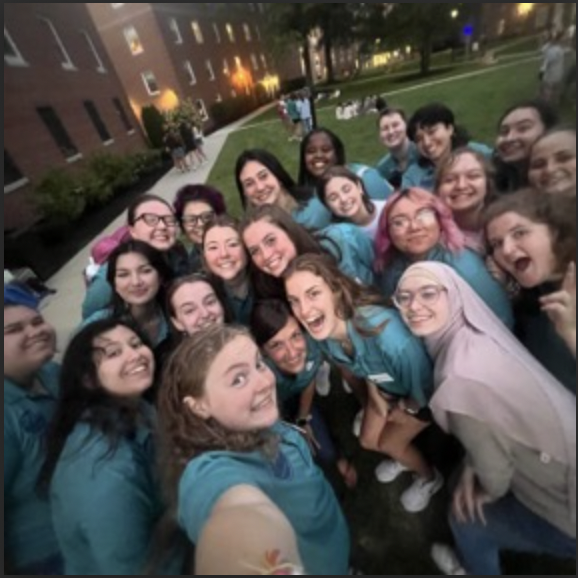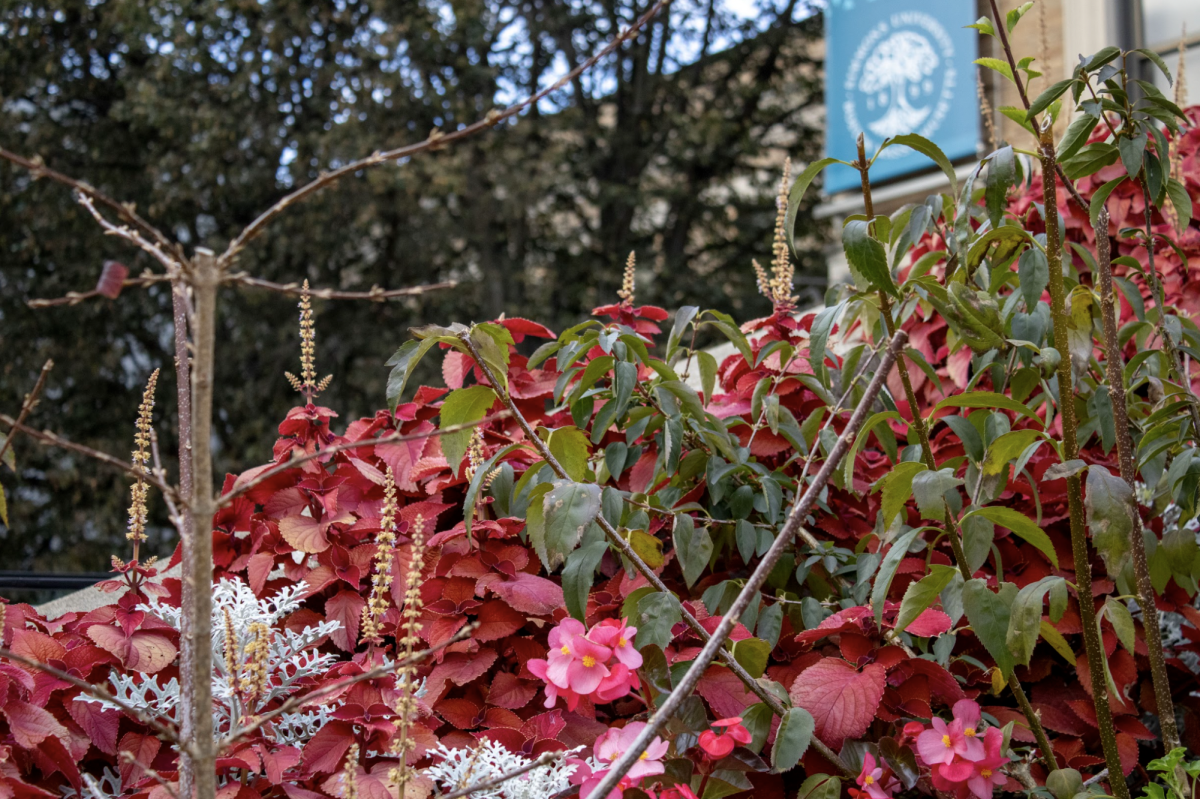We are nearing the end of the semester, and with winter break looming around the corner, it is easy to slip from academic productivity into apathy during the upcoming month.
However, now is an incredibly important time to stay aware, stay vigilant, and not lose sight of the goals that we as a community are striving to address. Over the fall semester, the Simmons community has begun to address critical issues of race and racism on campus, and if we do not stay on top of the past few weeks’ conversations, the resultant lack of action will be detrimental to the campus climate, student body, and Simmons community as a whole.
Winter break provides students, faculty, administrators, and staff alike with the opportunity to recharge, relax, and spend some time away from the semester’s academic demands. However, as a community we cannot afford to take a break from this necessary action.
Closing out the fall semester means addressing the steps that have been made to enact change on campus, notably the issuance of the Ten Demands and the following administrative steps to address the students’ call to action.
The start of the next semester is a clean academic slate in many ways, but the issues voiced by the student activists here on campus must not go forgotten. Succumbing to apathy regarding critical community discussions shows a lack of commitment to effective and lasting change. The start of the semester should begin with a renewed call to action, a revitalized effort to address the needs of marginalized students on campus.
Although the administration has already made an effort to see through several of the demands, the lull of the slower winter months may create temptation to let the issue slide, at least temporarily. There is an inherent delay in implementation regarding structural change at a college level, but smaller steps can and must be taken in the meantime.
At last week’s community meeting, President Drinan revealed the administrators responsible for overseeing the planning and implementation of a response or solution to the problems outlined in each of the ten demands, which is the first of many critical steps to maintain accountability and a dedication to action.
Student activists work tirelessly on campus to improve the experiences of marginalized students, staff, and faculty alike, and their efforts must be applauded. In addition, lack of administrative support for their efforts indicates a disregard for the energy they exert to address issues of racism on the Simmons campus; therefore, maintaining open conversation and ongoing discussion regarding this issue, paired with continual action, is of utmost importance.
As a community, we must strive to think about, discuss, and take steps to enact solutions to an integrated, structural issue that Simmons has failed to address effectively since its inception. We must not let this conversation die out, and must instead stay focused on striving toward creating an improved experience for students of color on this campus.
















